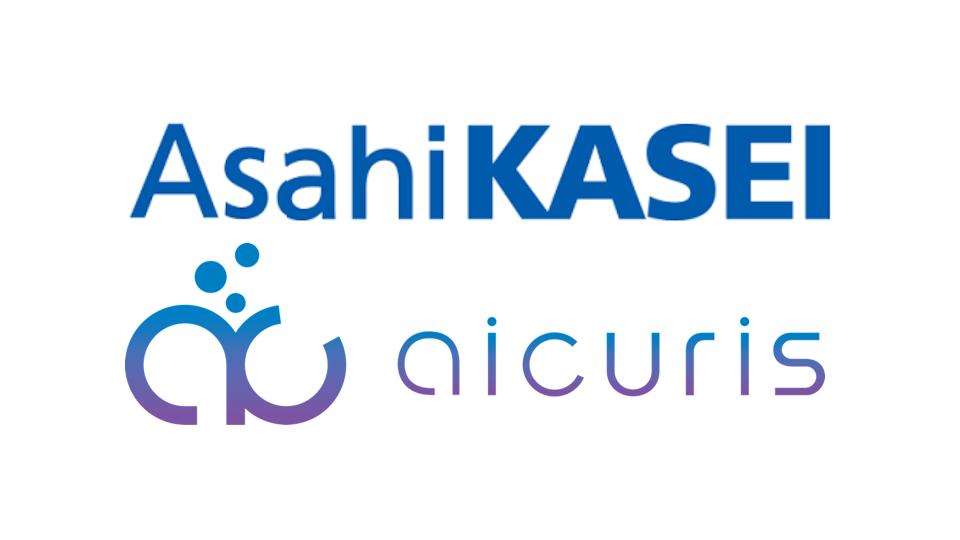Lundbeck drops in on epilepsy drug with $2.6bn Longboard bid

Neuroscience specialist Lundbeck has agreed to buy Longboard Pharmaceuticals for $2.6 billion, expanding its pipeline with an epilepsy drug tipped as a future blockbuster.
The Danish drugmaker has offered $60 per share for California biotech Longboard, with the main asset in the deal bexicaserin, an oral, centrally acting serotonin 5-HT 2C receptor super-agonist in late-stage testing for seizures associated with rare forms of epilepsy.
"This transformative transaction will become a cornerstone in Lundbeck's neuro-rare franchise, with a potential to drive growth into the next decade," said Charl van Zyl, Lundbeck's recently appointed chief executive.
It's the largest acquisition for Lundbeck in recent years, overtaking its $1.95 billion takeover of migraine drug developer Alder BioPharma in 2019, and the first major deal under van Zyl.
Bexicaserin is being developed to treat a group of disorders known as developmental and epileptic encephalopathies (DEEs), including Dravet syndrome, Lennox-Gastaut syndrome, tuberous sclerosis complex (TSC), and CDKL5 deficiency disorder (CDD). A phase 3 trial in Dravet's, called DEEp SEA, started last month.
Earlier this year, Longboard reported encouraging results from the phase 1b/2a PACIFIC study, which showed that bexicaserin reduced seizure frequency by more than 50% from baseline in 35 patients with DEEs, compared to a 21% reduction with placebo. The greatest impact was seen in patients with Dravet's, a severe and hard-to-treat form of childhood epilepsy, with a 72% cut in seizures.
While there are some approved therapies for DEEs, including Dravet's and Lennox-Gastaut, most have no proven treatment, and patients often have to take multiple medicines to try to keep seizures under control, with a high side-effect burden.
The drug has a breakthrough designation from the FDA for the treatment of DEEs in patients aged two and over. It is scheduled to start two more phase 3 trials in the coming months, DEEp OCEAN in multiple DEE types and a 52-week open-label extension study called DEEp OLE, with a combined target enrolment of around 480 subjects for the total phase 3 programme.
Lundbeck needs to bulk up its pipeline after a period punctuated by a few pipeline setbacks, including the demise of a much-touted drug for schizophrenia, a failed study for migraine drug Vyepti (eptinezumab) designed to expand its use into new markets, and lacklustre results in an alpha-synuclein-targeting drug in multiple system atrophy (MSA).
The company is also facing patent expiries for its antidepressant Trintellix/Brintellix (vortioxetine) – for many years its biggest-selling drug – in 2026, while its new top product Rexulti (brexpiprazole) for agitation in Alzheimer's disease follows suit around the end of the decade. Rexulti has also been filed for approval as a treatment for post-traumatic stress disorder (PTSD).
In a statement, Lundbeck said bexicaserin will diversify its revenue growth – with peak sales estimated at between $1.5 and $2.0 billion – assuming a launch in the fourth quarter of 2028.
Photo by LECHAT Valentin on Unsplash












